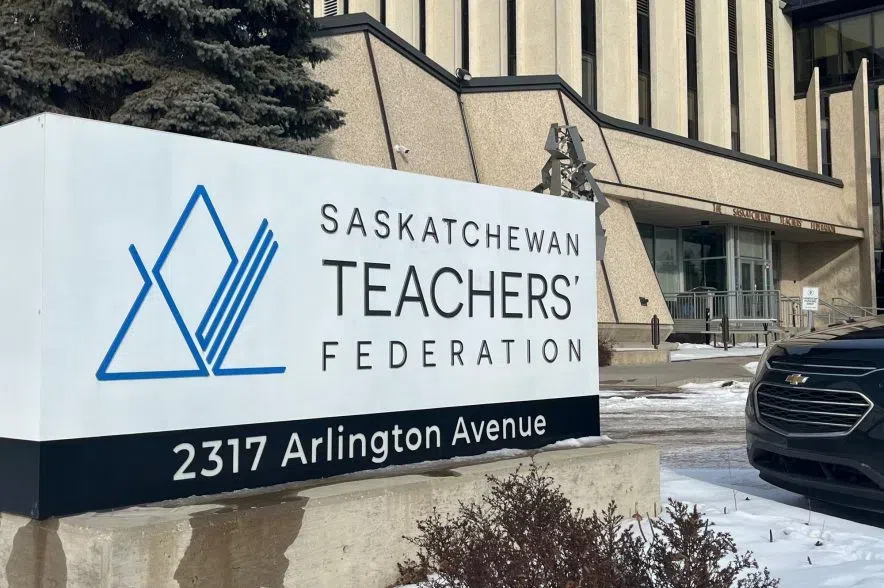Saskatchewan teachers rejected an offer by the provincial government seeking to end a lengthy labour dispute on Thursday.
The three-year offer included salary increases of three per cent for the first and second years, and a two per cent hike in the final year. The offer also included enhancements to teachers’ benefits package and an “accountability framework” guaranteeing the increased funding the government has promised to help address issues of class size and classroom complexity.
The Saskatchewan Teachers’ Federation characterized the proposal as a “final offer” from government, while the province has described it as a “tentative agreement.”
The offer was for a three-year contract, with salary increases of three per cent in the first and second years, and two per cent in the third year. The union’s members considered the offer in an online vote held this week.
Ninety per cent of teachers voted against with final offer, with 92.2 per cent of STF members casting a vote. The Teachers’ Bargaining Committee is asking the government to return to the table with a new mandate on May 13 and 14.
“The message to government and the Saskatchewan School Boards Association is crystal clear: their so-called ‘final offer’ is unacceptable and does a disservice to students and teachers,” said STF president Samantha Becotte in a news release.
Education Minister Jeremy Cockrill responded to the vote with a statement Thursday evening.
“I am disappointed by the result of the vote to reject a fair agreement that was negotiated between the government, school divisions and STF, reflecting the best interests of Saskatchewan students, teachers, parents and taxpayers,” he said.
The 13,500 teachers represented by the federation have been without a contract since August.
Talks between the two sides broke down several times, with teachers insisting a new contract include stipulations on class size and classroom complexity – the number of students in each class who require additional help. The stalled negotiations led the union to implement sanctions including single-day strikes, work-to-rule measures, and withdrawal of voluntary support for extracurricular activities and lunch-hour supervision.
While the government has not been willing to include stipulations on class size or classroom complexity in a teacher contract, the latest offer included an “accountability framework” holding the government to its commitments on increased funding to address the problems.
This year’s provincial budget included $356.6 million specifically to address issues around class size and complexity, an increase of $45.6 million over the previous year.











